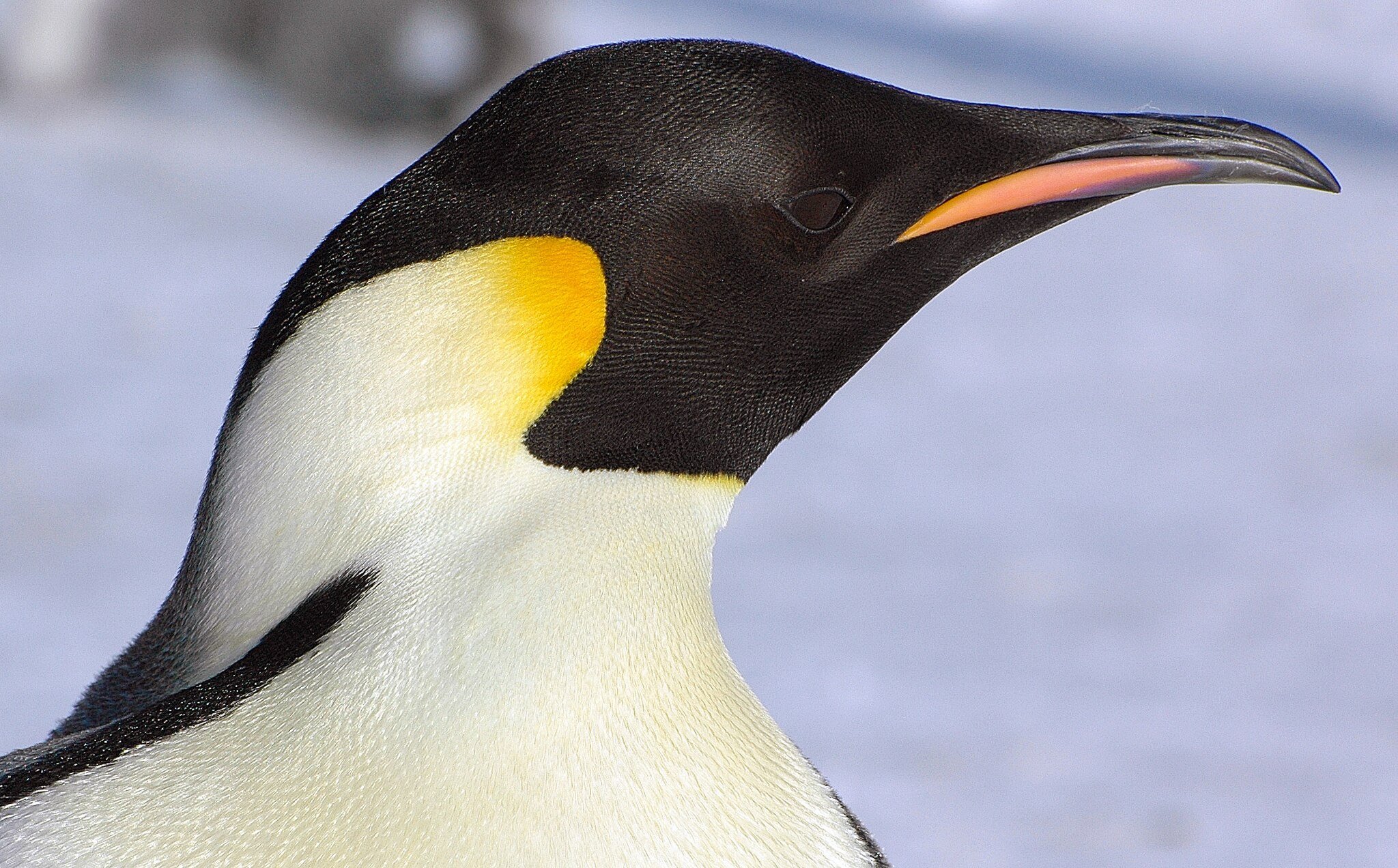

Gus, the emperor penguin that swam from Antarctica to Australia was released to sea 20 days after he was found waddling on a tourist beach.
The penguin, nicknamed Gus, swam over 2,000 miles from Antarctica’s frigid shores to Australia’s warm beaches. Penguins, as natural explorers, are known for wandering away from their typical environments. But they have never been known to travel as far as Gus did. The adult male emperor penguin was found malnourished after his trek and was taken under the care of registered wildlife caregiver Carol Biddulph before being released.
“I really didn’t know whether he was going to make it to begin with because he was so undernourished,” Biddulph said in a video recorded before the Gus’s release on Friday
No one truly knows why the emperor penguin strayed so far from its home in Antarctica. However, it has been suggested that a lack of food and resources thanks to climate change could have driven Gus to swim as far as Australia.
Penguins are incredible swimmers that can dive to depths as deep as 1500 feet and travel long distances. In the bird world, it is not uncommon to find a random adventurer out of its habitat range once in a blue moon, but it is unusual to see one more than 2,000 miles away from its normal range, especially when that bird is flightless.
Gus stands at around three feet and three inches tall. Emperor penguins of that stature should weigh around 80 to 100 pounds, but Gus was extremely underweight at around 47 pounds. His poor condition could be attributed to his long voyage to Australia, but it is likely his weight loss could have started earlier, as lack of food is what likely motivated him to go so far in the first place.
While Gus’s arduous trek from Antarctica should not be considered a trend or pattern for his species, Casey Youngflesh, an associate professor at Clemson University, says that researchers should be aware of future occurrences as climate change impacts normal habitats.
“An increasing frequency of such events might suggest that something is changing for this species,” said Youngflesh to National Geographic.
After being under the care of Biddulph and Australia’s Parks and Wildlife Service, Gus has been brought back to good health and he has a good chance of making it to his next destination safely, whether that’s Antarctica or elsewhere. He gained close to ten pounds during his stay with Biddulph.
“I’ll miss Gus. It’s been an incredible few weeks, something I wouldn’t have missed,” said Biddulph.
Biddulph said that Gus loved being in front of a mirror. As a lone penguin, he thrived feeling like he had the company of a fellow penguin. The wildlife caregiver says that feeling a sense of company is important to the rehabilitation process.
“He absolutely loves his big mirror and I think that has been crucial in his well-being. They’re social birds and he stands next to the mirror most of the time,” said Biddulph.
